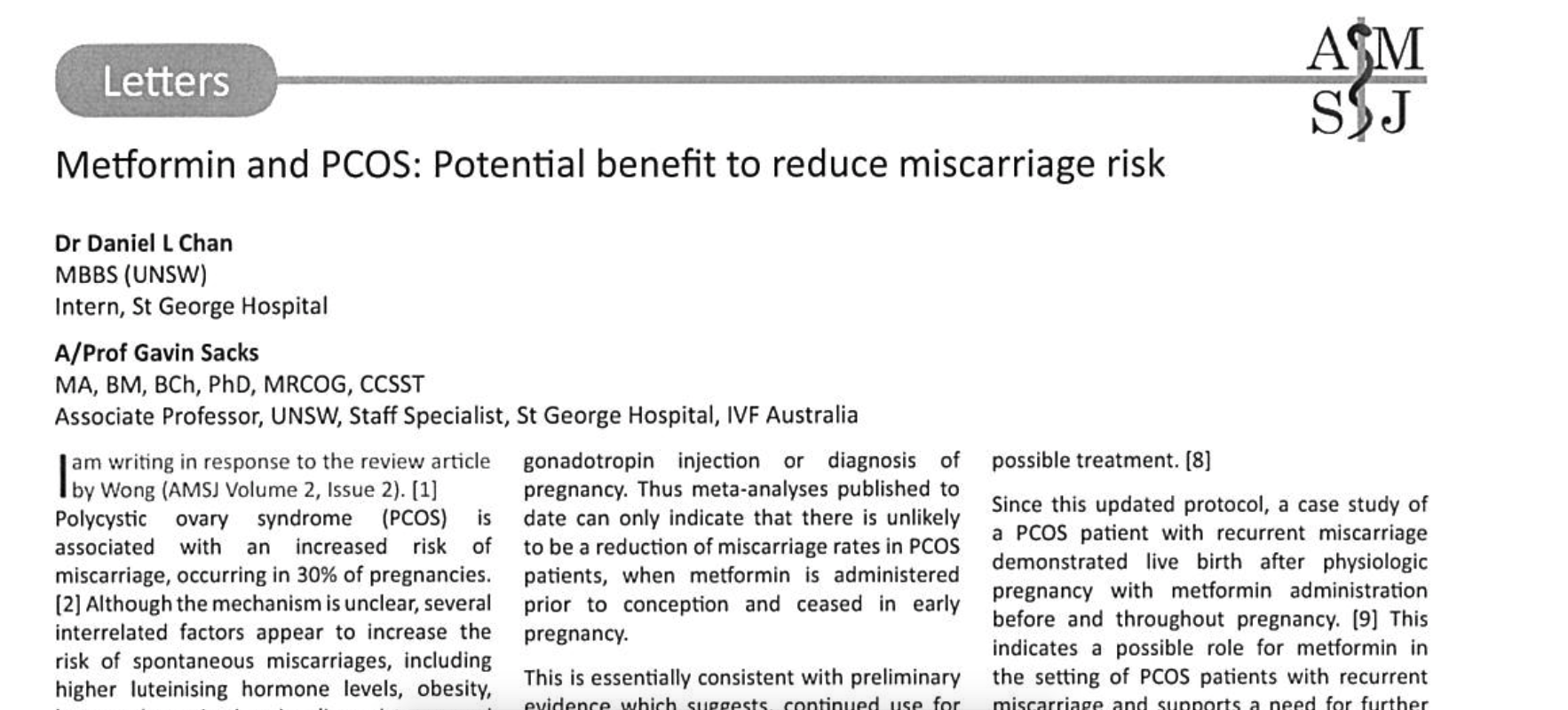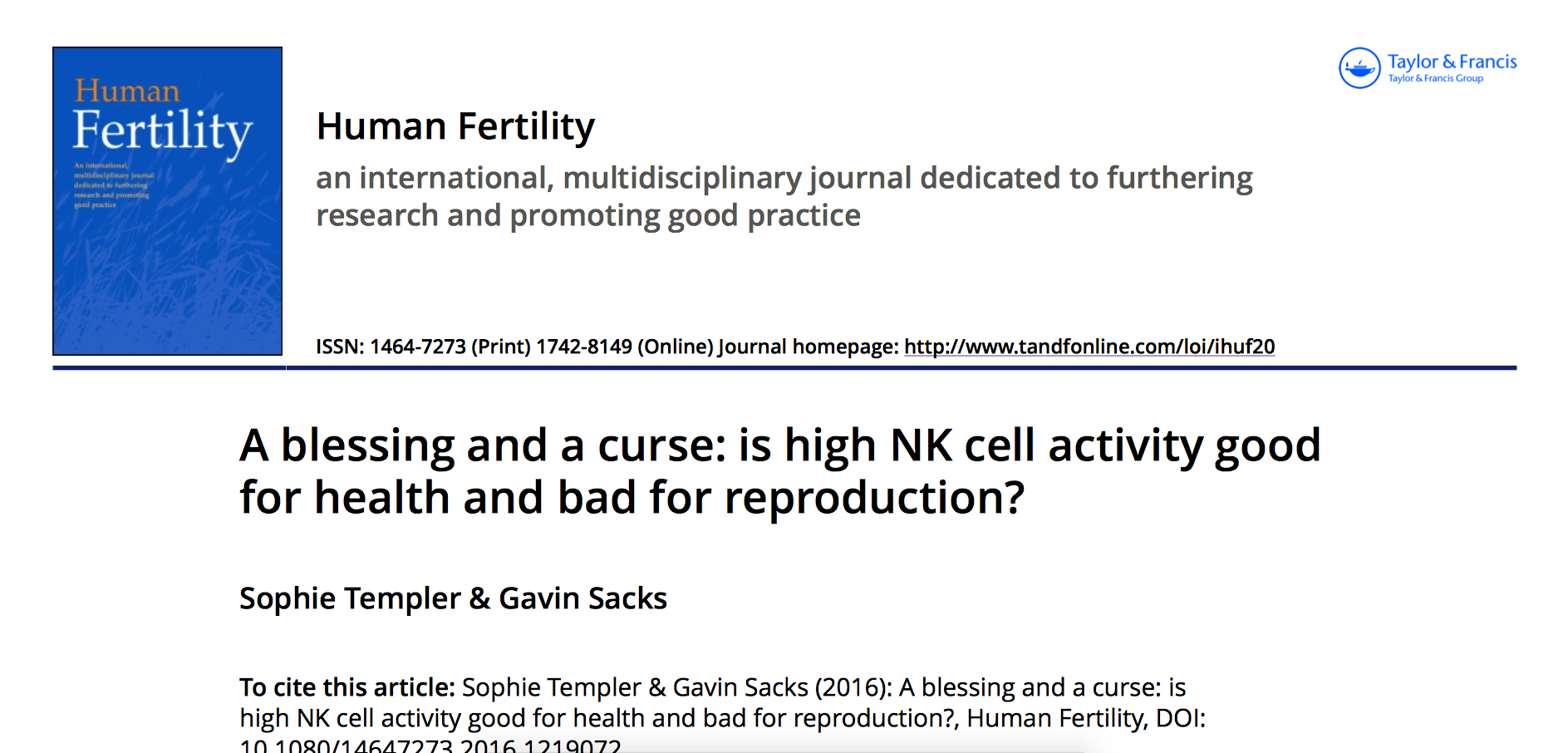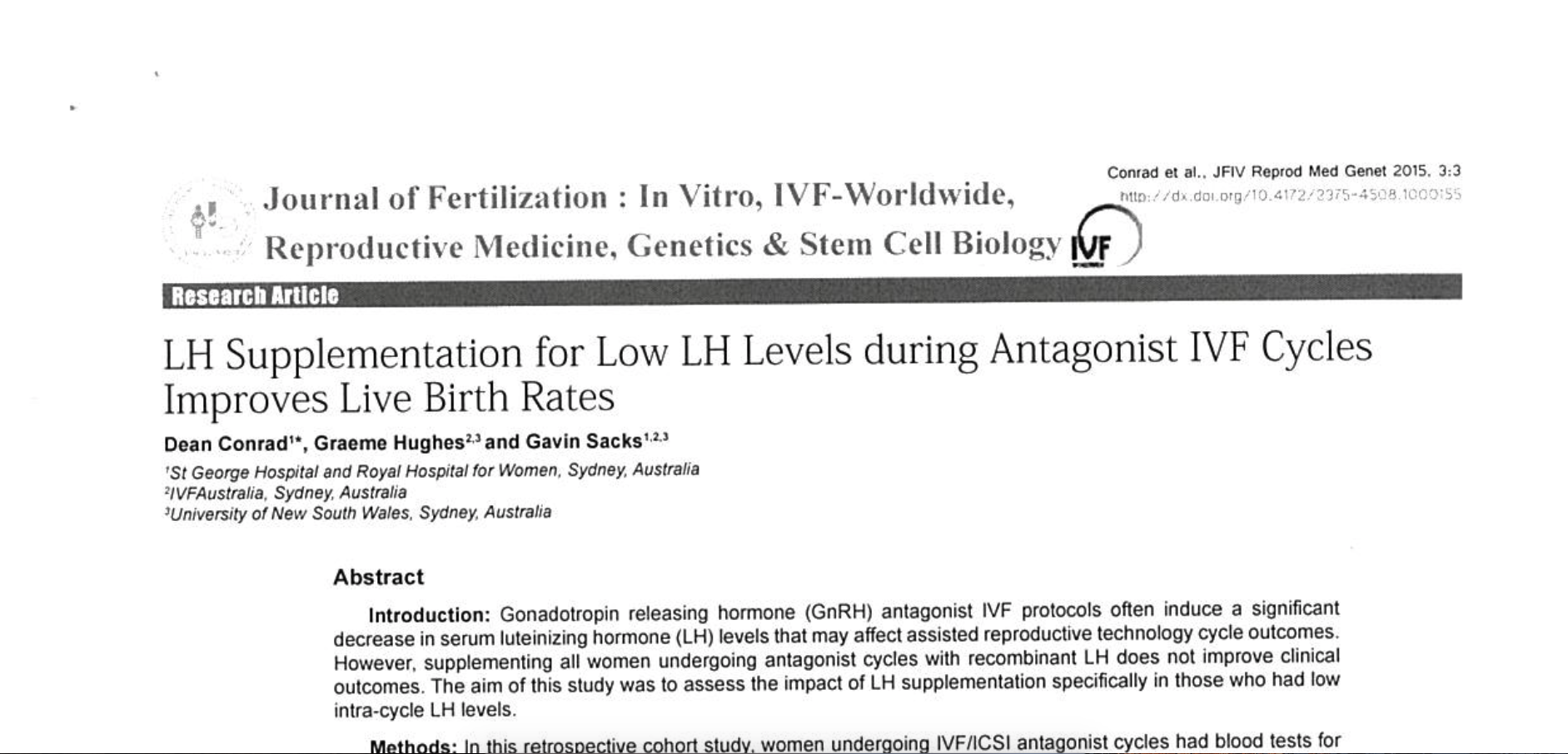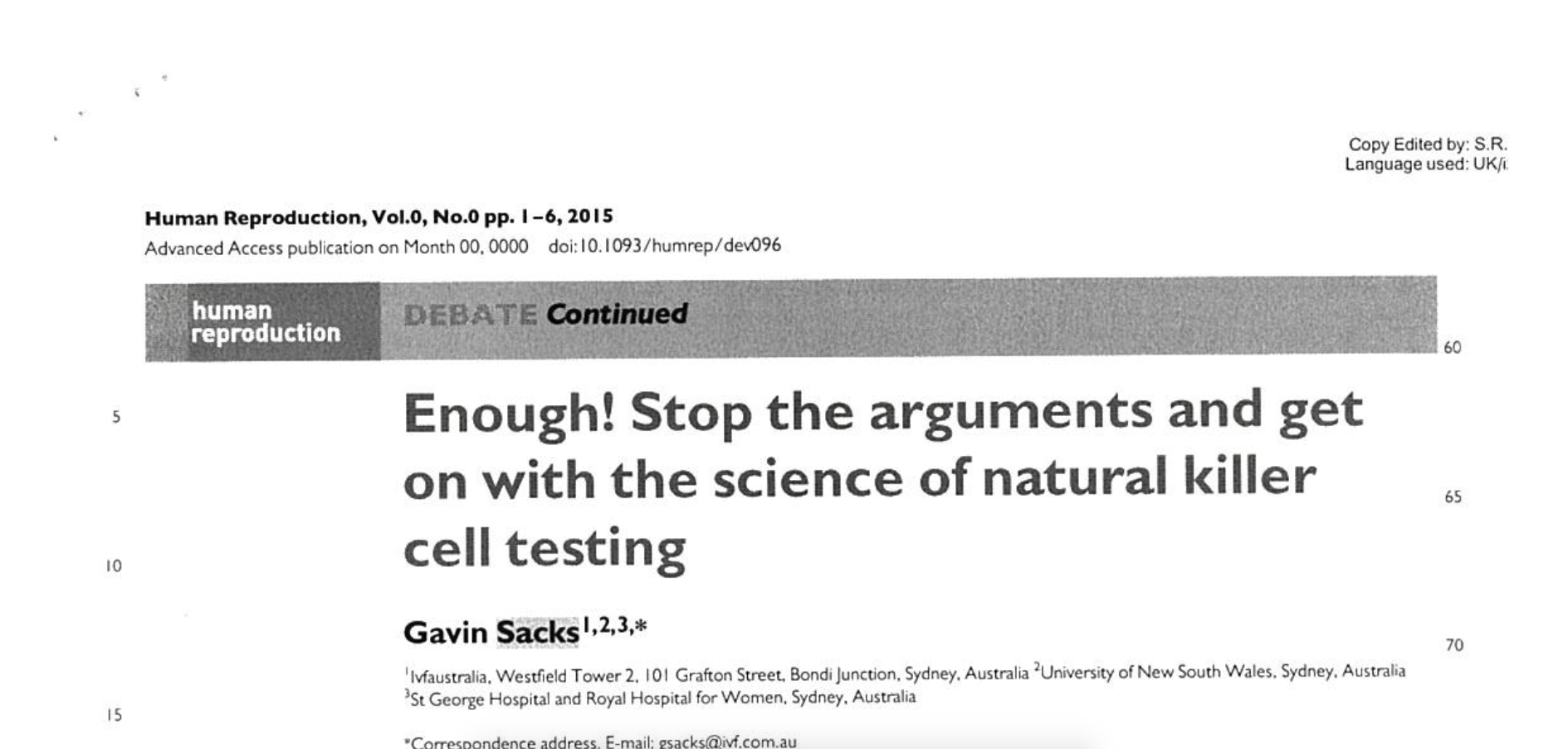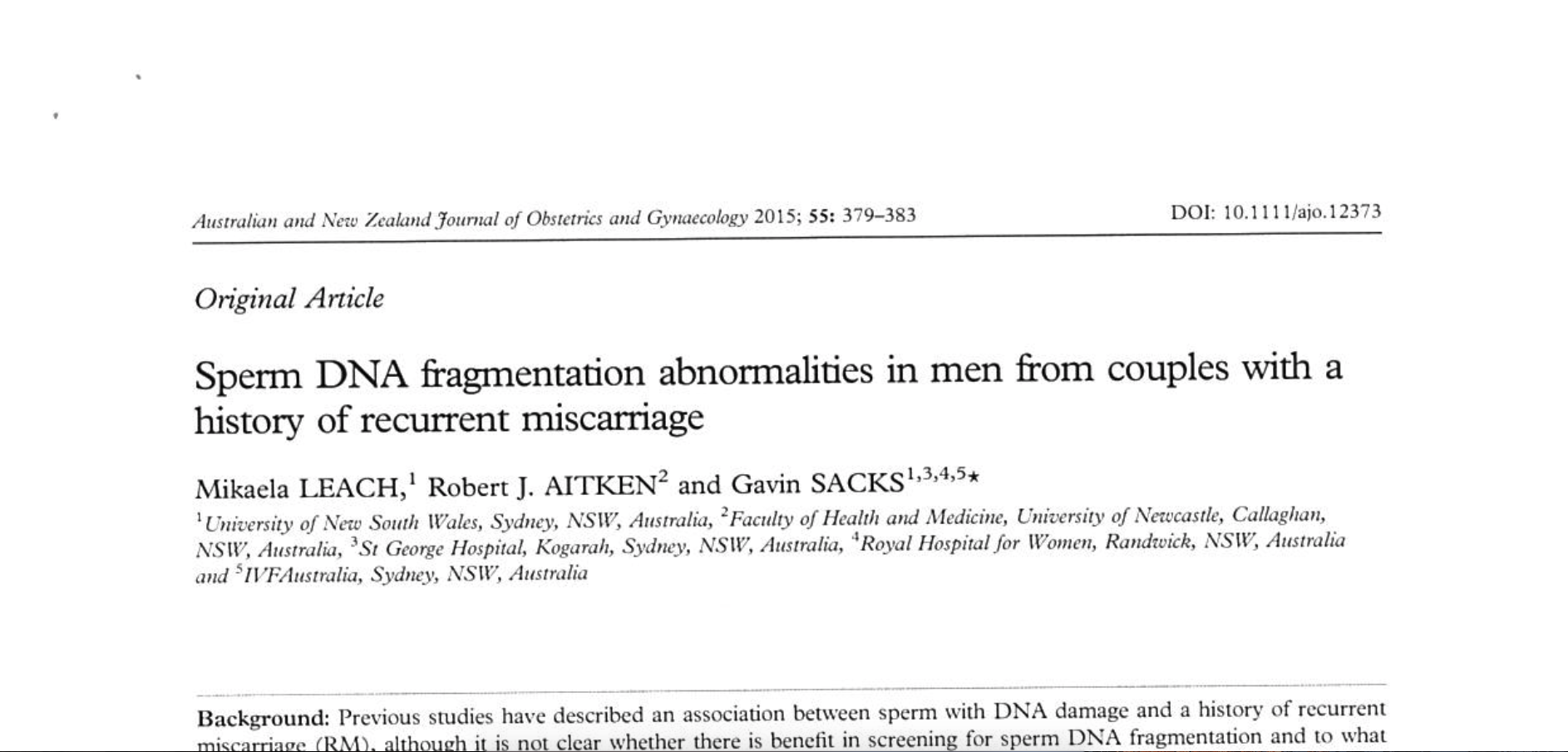Reproductive Outcomes and General Health in Women with High Natural Killer Cell Levels
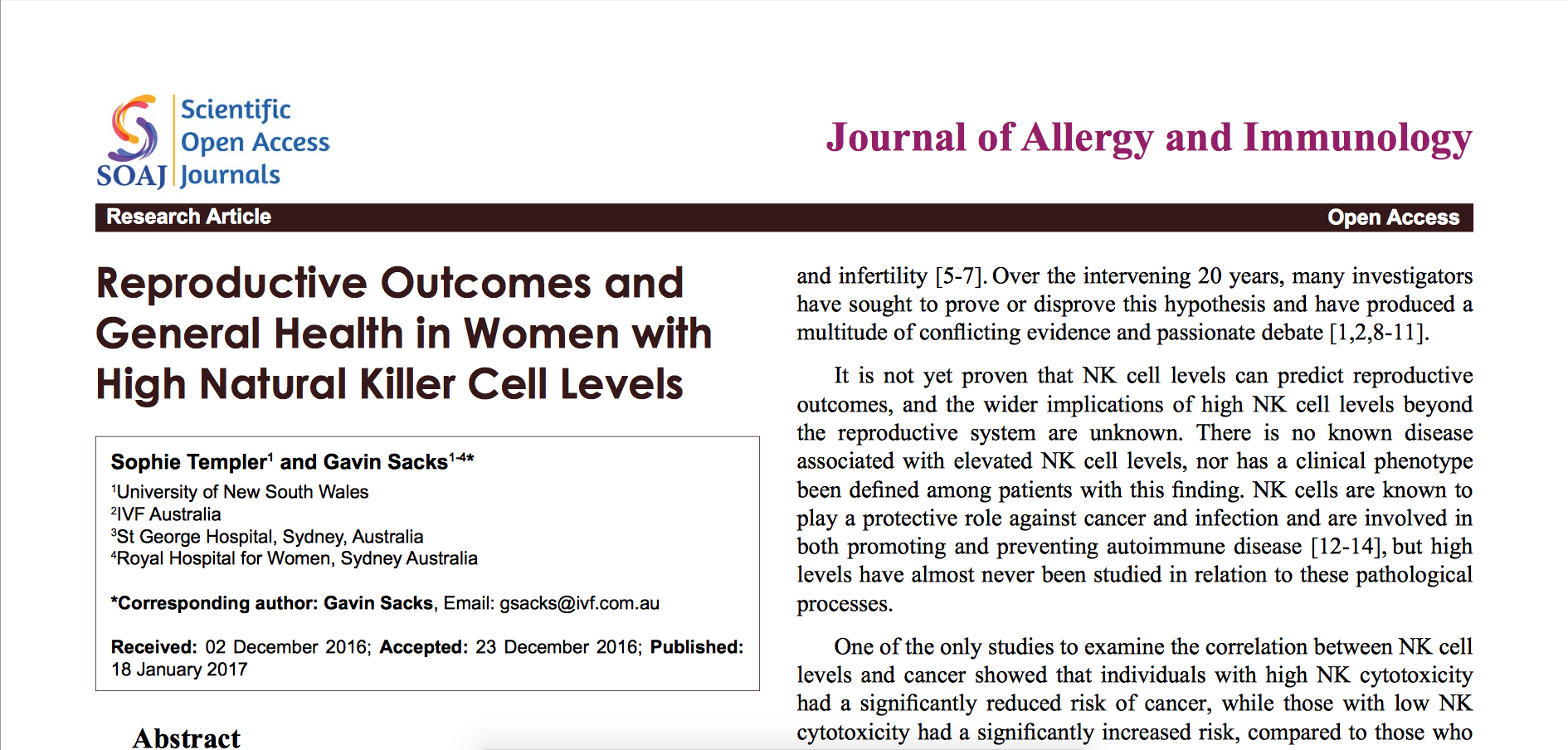
The role of natural killer (NK) cells in reproductive failure has been investigated extensively, but the topic remains controversial and poorly understood. NK cells are known to play an important protective role in cancer and infection, but the implications of high NK cell levels have not been studied with respect to these diseases. This study aimed to identify any differences in reproductive outcomes as well as general health and disease between women with high and normal NK cell parameters.

